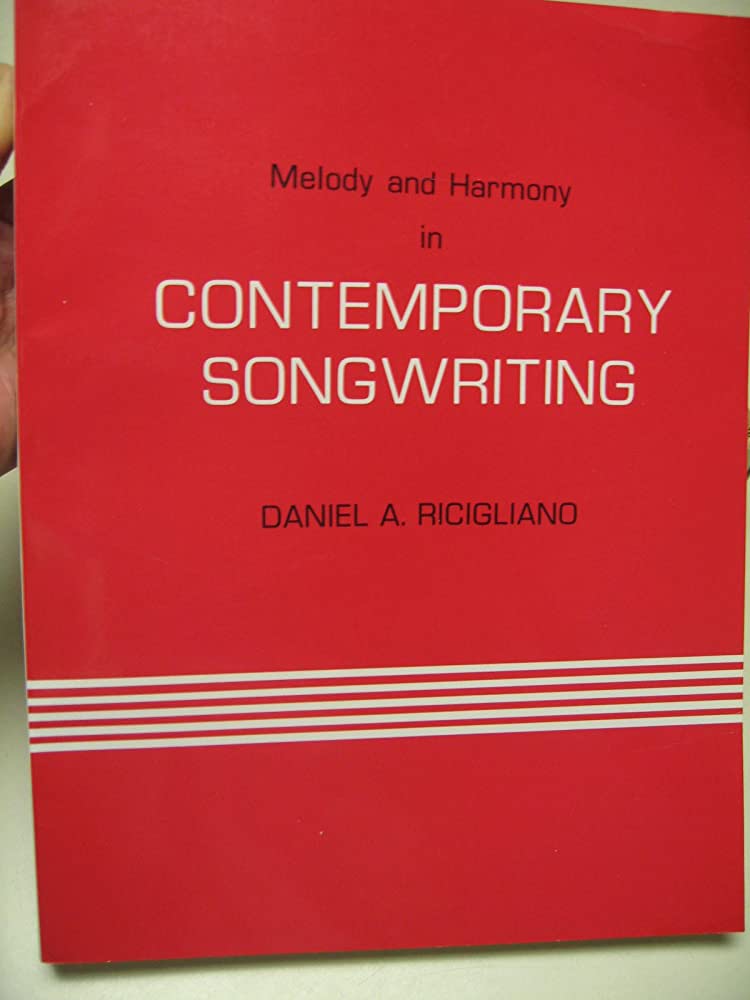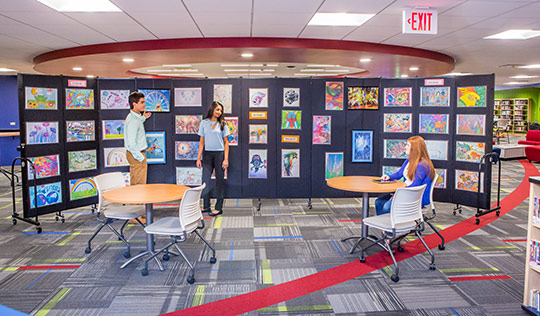Music has been an integral part of human society since ancient times. It has played a crucial role in shaping cultures and has been used as a means of expression, communication, and entertainment. In this blog post, we will explore the wonders of music and take a journey through arts and culture.
The Importance of Music in Culture
Music is a universal language that transcends borders and brings people together. It is an art form that has the power to evoke emotions, create memories, and tell stories. In many cultures, music is an essential part of religious ceremonies, festivities, and social gatherings. It reflects the cultural values and traditions of a community and represents their identity.
Exploring Different Genres of Music
Music is a vast universe that encompasses various genres and sub-genres. From classical to rock, hip hop to country, there is something for everyone. Each genre has its unique style, instruments, and stories. By exploring different genres, we can broaden our musical horizons, discover new artists, and appreciate diverse cultures.
The Role of History in Music
Music is a reflection of the times. Throughout history, music has been used to document significant events, express political opinions, and challenge social norms. From the Civil Rights movement to the Vietnam War, music has played a vital role in shaping the course of history. By studying the history of music, we can gain a broader understanding of society and learn from the past.
The Benefits of Learning Music
Playing an instrument or singing can be a rewarding experience that brings joy, improves cognitive function, and enhances creativity. Learning music can also promote discipline, patience, and self-expression. Studies have shown that music education can have a positive impact on academic performance, language development, and social skills.
Music and Mental Health
Music has therapeutic qualities that can reduce stress, anxiety, and depression. Listening to music can trigger the release of dopamine, a chemical that makes us feel happy and motivated. Music therapy has become a popular alternative treatment for various mental health conditions, including dementia, PTSD, and addiction.
The Evolution of Music Technology
Technology has revolutionized the way we create, distribute, and consume music. From vinyl records to streaming services, music technology has transformed the industry. The rise of digital technology has created new opportunities for artists to reach audiences worldwide and has democratized the music-making process.
Final Thoughts
Music is a universal language that has the power to connect people, evoke emotions and create memories. By exploring the wonders of music, we can gain a greater appreciation for the art form and the role it plays in shaping our society and culture. Whether we are listening to our favorite songs or learning to play an instrument, music can enrich our lives in countless ways.











